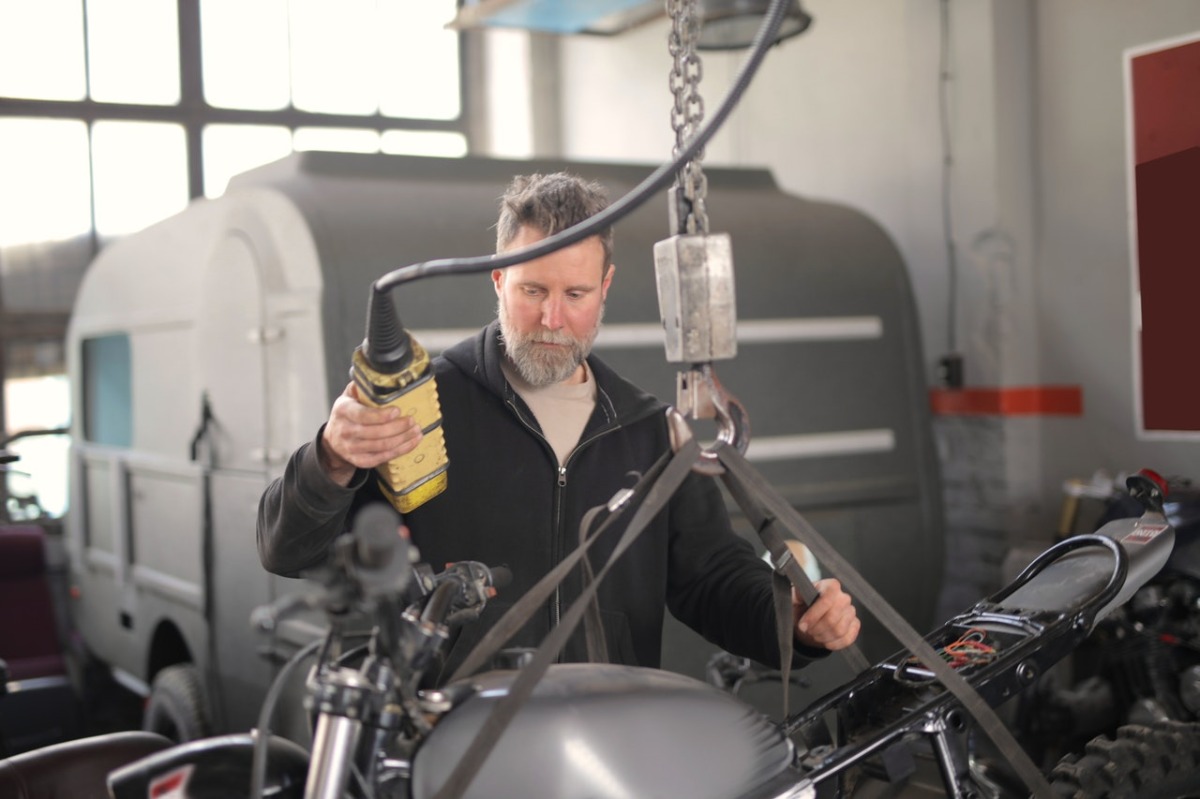Many hydraulic systems are undergoing changes and refinements so that they may be able to fulfill their tasks with greater speed and efficiency. Nowadays, hydraulic systems need to be able to operate at higher pressures and temperatures.
One of the best ways to guarantee the efficiency of hydraulic systems is by choosing the best hydraulic fluid. There are enhancement products for hydraulic fluids, but selecting the best kind of hydraulic fluids based on specific characteristics is essential.
Choosing the best hydraulic fluid can be challenging especially since different kinds of hydraulic fluid have a unique mixture of characteristics that hydraulic systems need. Therefore, you need to be thorough and meticulous in choosing the best compromise for the ideal hydraulic fluid for a specific hydraulic system. To make the best selection, you need to know the kind of hydraulic fluid you need. Below are some influential factors or characteristics that affect the performance of the hydraulic fluid.
Viscosity, Wear, and Anti-Wear
A hydraulic fluid’s viscosity is determined by factors like a hydraulic system’s load and the minimum and maximum operating temperatures. For it to work efficiently, hydraulic fluid needs to maintain a minimum viscosity even at the highest temperature that a hydraulic system can operate in. However, the viscosity of hydraulic fluid must not be excessive, especially at low temperatures. Otherwise, hydraulic fluid can no longer be pumped.
The result of metal-to-metal contact is defined as wear, and it is different from friction. The hydraulic fluid serves as an additive to the metal, which prevents metal from breaking down easily. However, it is not right to blame the hydraulic fluid if excessive wear occurs. Sometimes, excessive wear might be caused by unfavorable system designs characterized by factors like inadequate cooling and excessive pressure.
Anti-wear is added to hydraulic fluid to reduce wear. In the past, zinc dithiophosphate (ZPD) is added to hydraulic fluid to minimize wear. However, the use of ZPD has been discontinued to reduce the environmental impact of waste treatment plants. Anti-wear is essential because it helps protect different pumps in a hydraulic system. Therefore, choosing the ideal hydraulic fluid would require you to check if it has an anti-wear feature that you can maximize.
Corrosion, Foaming, and Thermal Stability and Oxidation
The presence of foam should be eliminated, especially when a fluid carries it. Foam can degrade the performance of hydraulic systems, which is why it should be eliminated. One of the best ways to prevent the formation of foam is to stop air leaks inside the system. Foam can also be caused by the viscosity of the hydraulic fluid. Therefore, you need to choose the right kind of hydraulic fluid to prevent foam from developing.
Corrosion is another factor that needs to be managed. Acidic chemical corrosion and system rusting are two types of corrosion problems that could affect the performance of hydraulic systems. You need to choose hydraulic fluid that does not attack the metal parts made of iron.
The oxidation of fluids happens naturally. The development of acids can negatively affect the hydraulic system. Therefore, it is crucial to choose hydraulic fluid with additives that could neutralize acids, maintain good thermal stability, and inhibit oxidation.

Water Retention and Temperature
One way to naturally drain large quantities of water in a hydraulic system is by periodically draining the sump. However, not all traces of water are eliminated. Residues are expected, which could cause problems like oxidation and corrosion. Therefore, you need to choose hydraulic fluid that does not mix with water so that you will not end up draining it by accident or having it carry traces of water because it can blend easily with water.
Job requirements determine the system operating temperatures. For fluids to be maximized, operating temperatures need to be maintained at 150° F. However, newer hydraulic systems are capable of handling higher temperatures. Therefore, you need to regularly change the hydraulic fluid of your system so that you can maintain the system’s efficiency. Choosing hydraulic fluid capable of enduring high temperatures is ideal because it reduces the number of fluid changes you need to make.
Choosing the Right Hydraulic Fluid
Different kinds of hydraulic fluids have other characteristics. Therefore, it can be challenging to choose the right type of hydraulic fluid for your hydraulic systems. You need to consider a lot of features to determine which kind of hydraulic fluid will work best for your systems and, at the same time, can give you the best value for your money.
In engineering, hydraulic systems are essential. Therefore, choosing the best hydraulic fluid for your systems is vital. It will help maintain the efficiency of your systems and guarantee that they will not easily succumb to damages.

